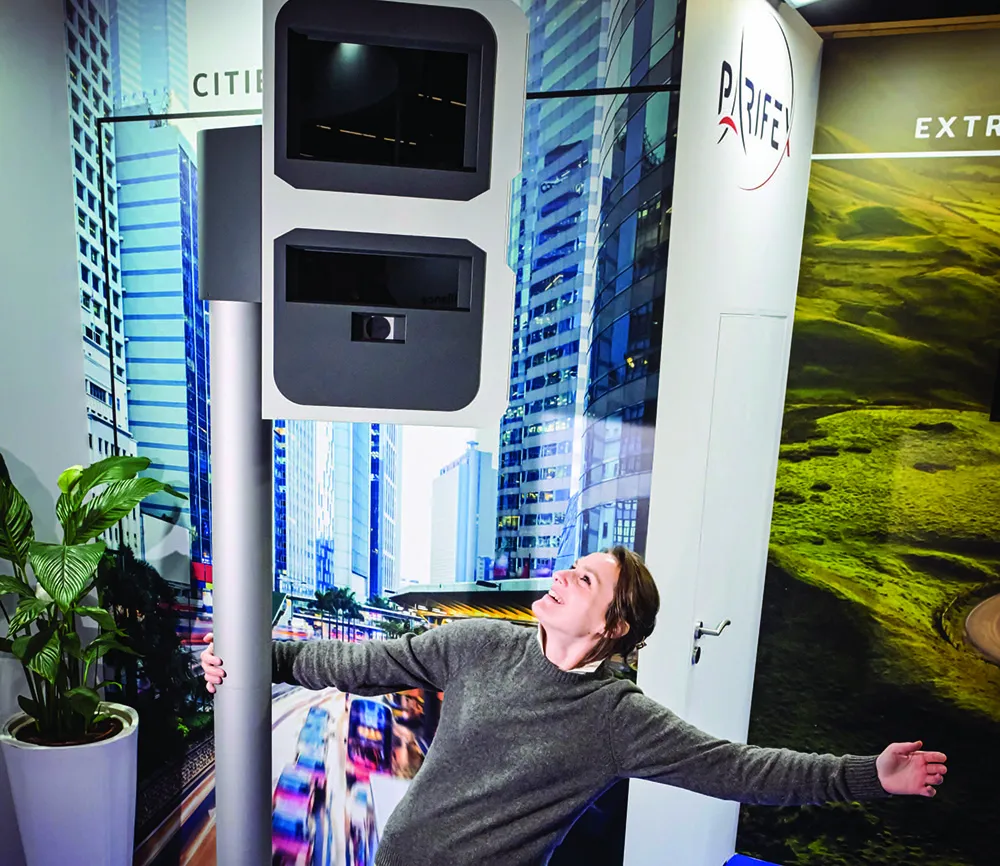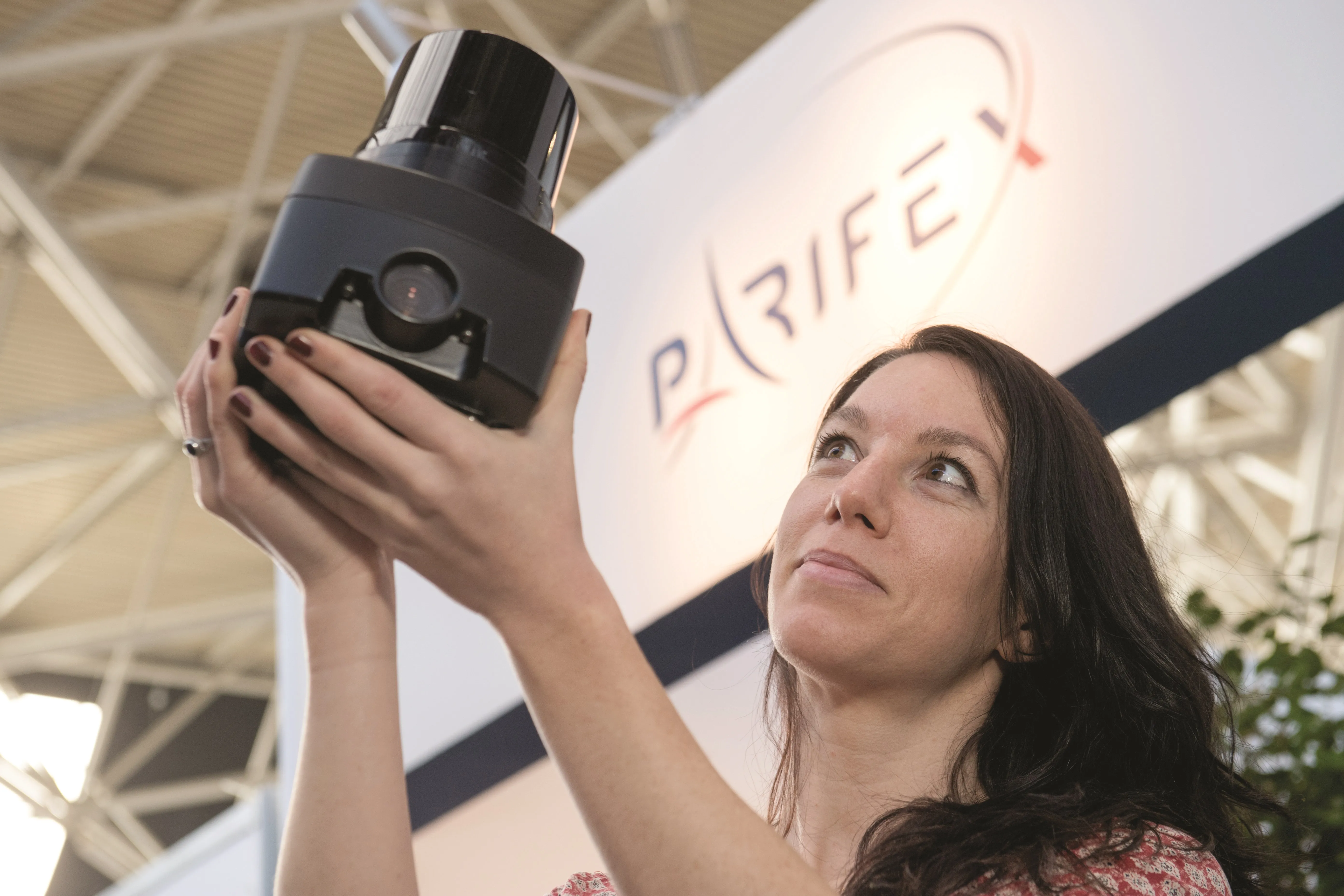The French Ministry of the Interior plans to extend the country’s nationwide speed enforcement and has ordered an additional 100 enforcement trailers from Vitronic. The autonomous mobile Lidar-based systems utilise Vitronic's Poliscan speed technology and can operate autonomously for a minimum of five days. They will mainly be deployed on the French National Road network. Vitronic supplied 150 trailers in April 2015 and says the systems have proved to be effective, with single units documenting up to 2,500
April 25, 2016
Read time: 1 min
The French Ministry of the Interior plans to extend the country’s nationwide speed enforcement and has ordered an additional 100 enforcement trailers from
The autonomous mobile Lidar-based systems utilise Vitronic's Poliscan speed technology and can operate autonomously for a minimum of five days. They will mainly be deployed on the French National Road network. Vitronic supplied 150 trailers in April 2015 and says the systems have proved to be effective, with single units documenting up to 2,500 speed violations per day.










